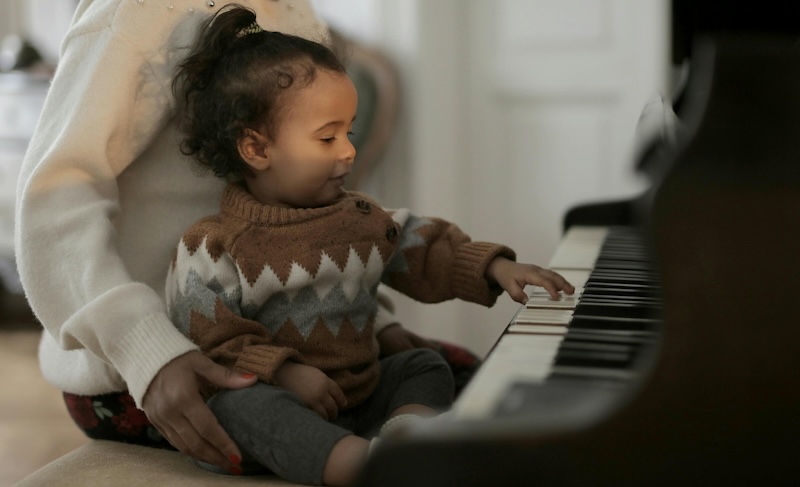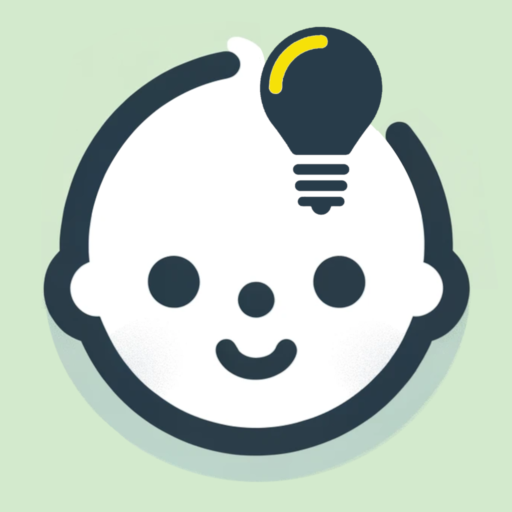Listening to music is more than just a pleasant pastime; it’s a powerful tool that can significantly influence your baby’s brain development. From enhancing cognitive abilities to reducing stress, the passive act of listening to music holds numerous benefits for infants and toddlers.
The Melody of Growth
When your baby listens to music, their brain is engaged in a complex process. Music activates various brain regions, fostering connections that enhance cognitive functions such as memory, attention, and spatial reasoning. Studies have shown that early exposure to music can improve language skills and even mathematical abilities later in life.
The rhythmic patterns and melodies in music help in developing auditory discrimination, which is crucial for language acquisition. By recognizing different sounds, tones, and pitches, your baby’s brain learns to differentiate between various phonetic elements, laying the groundwork for effective communication skills.

Stress Reduction
Music has a profound calming effect on babies and toddlers. Soft, gentle melodies can soothe a fussy baby, helping them relax and fall asleep. This stress-reducing quality of music is attributed to its ability to lower cortisol levels, the hormone associated with stress. Playing calming music during nap times or bedtime can create a serene environment, promoting better sleep patterns.
Strengthening Emotional Ties
Music listening is also a wonderful way to enhance bonding between parents and their children. Sharing musical experiences, whether it’s singing lullabies or dancing to a favorite tune, creates moments of closeness and joy. These shared activities not only foster a sense of security but also help in building strong emotional connections. The act of singing to your baby, for instance, involves eye contact, touch, and voice modulation, all of which contribute to emotional bonding.
Making Your Home a Music Haven
Creating a music-friendly environment at home doesn’t require much effort. Start by playing a variety of music genres to expose your baby to different sounds and rhythms. Ensure that the volume is kept at a comfortable level to protect your baby’s sensitive ears. Incorporate music into daily routines—play soft tunes during feeding times, sing while giving them a bath, or have a mini dance session during playtime.

Consider using musical toys or instruments that your baby can interact with. Simple instruments like maracas, tambourines, or a small keyboard can make music an interactive experience, further stimulating their brain development.
The benefits of exposing your baby to music extend far beyond the early years. The neural connections formed through passive listening can have long-lasting effects on cognitive abilities, emotional health, and social skills. By making music a consistent part of your child’s life, you are not only enriching their immediate environment but also laying a foundation for lifelong learning and appreciation for the arts.
Music is a universal language that speaks to the heart and mind. Embrace its power and let it shape your baby’s brain, creating a harmonious start to their journey of growth and discovery.

Leave a Reply